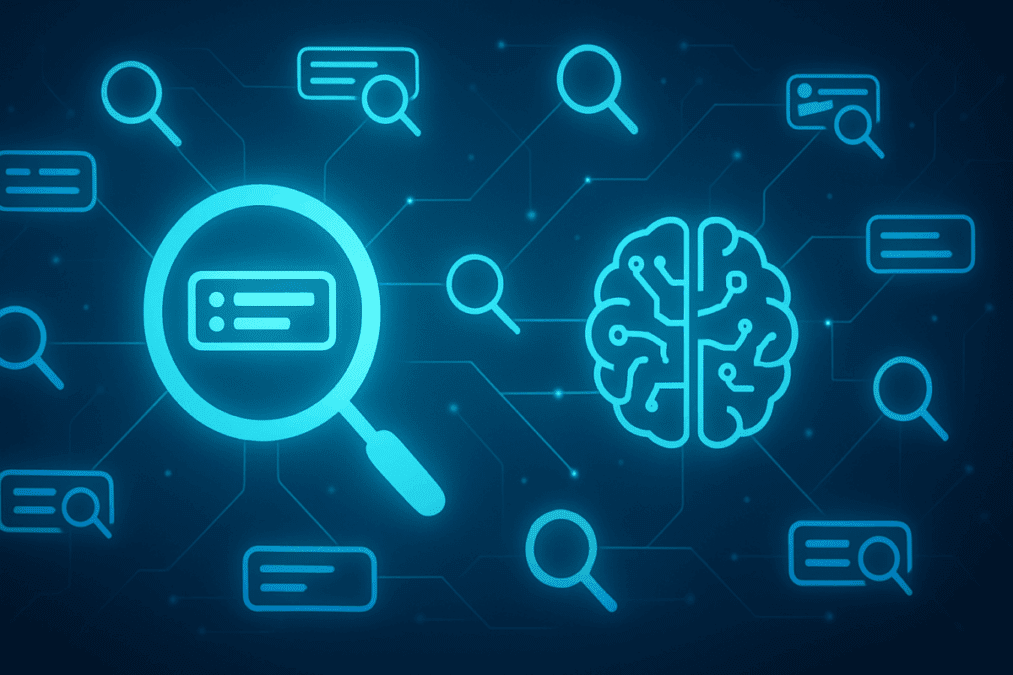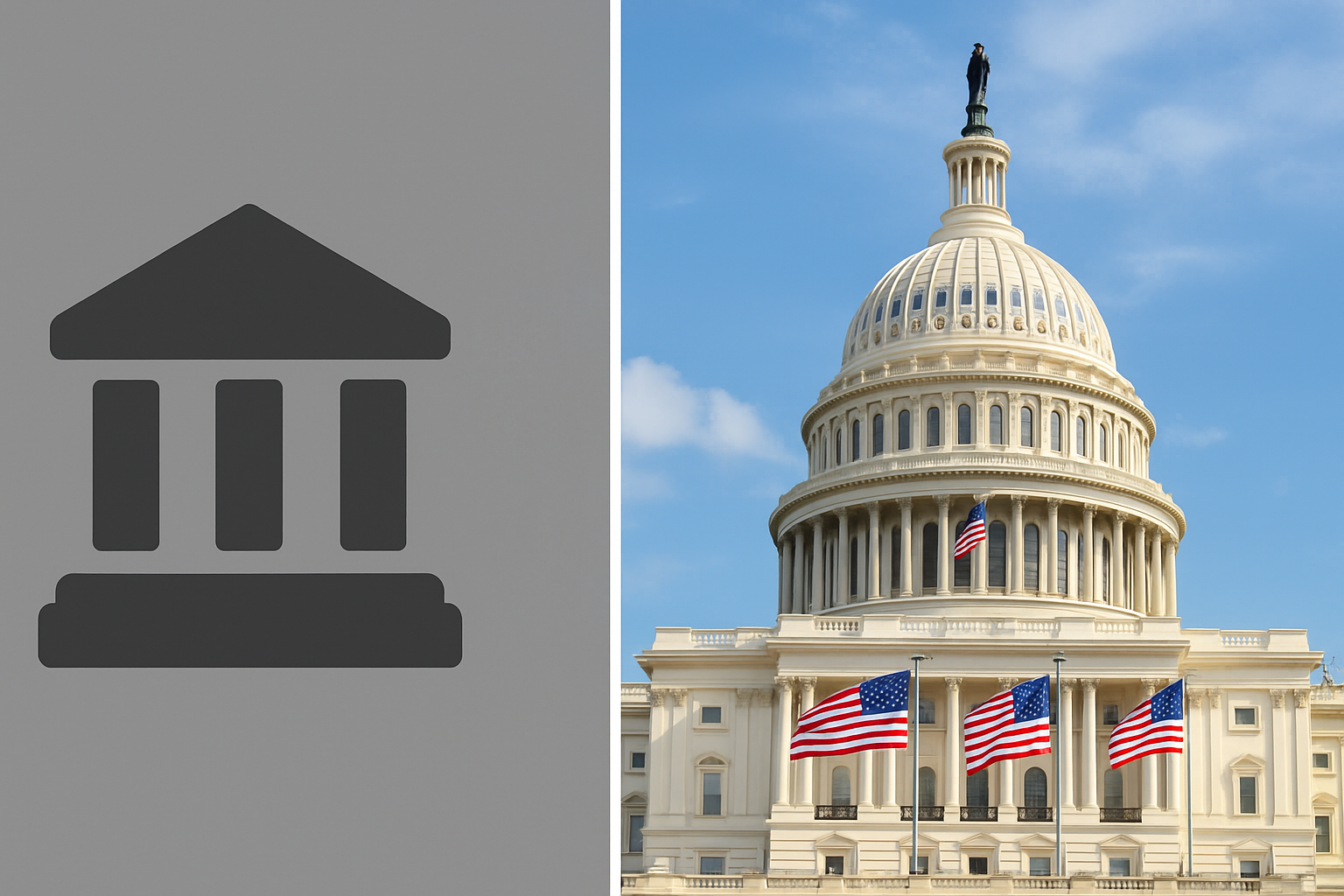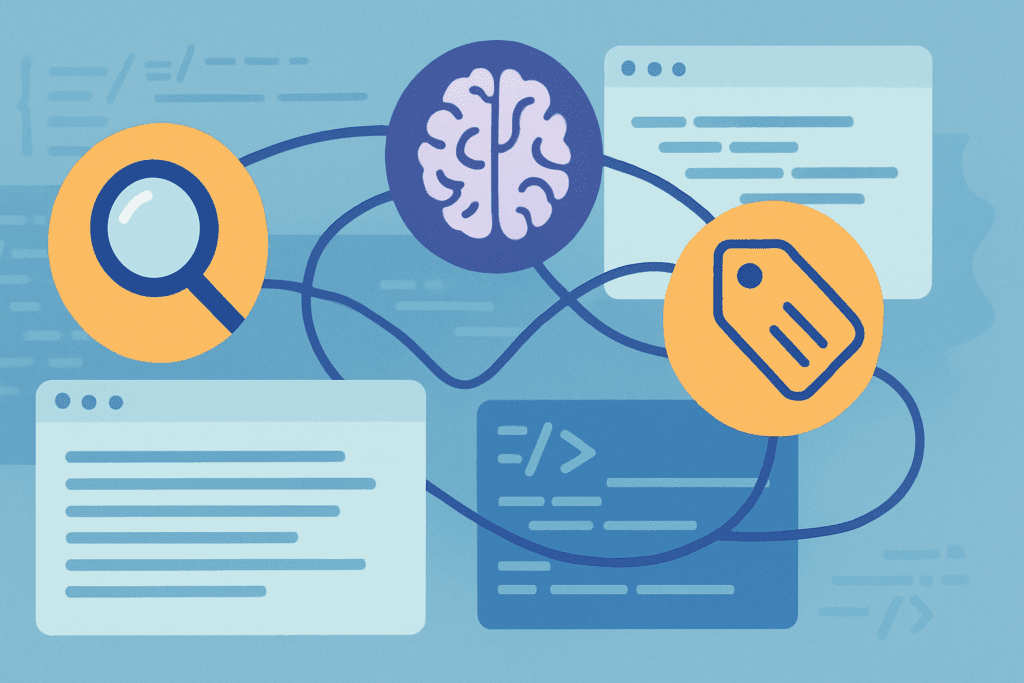Attention Deficit Hyperactivity Disorder (ADHD) is one of the most prevalent neurodevelopmental disorders worldwide, affecting both children and adults. While pharmaceutical treatments such as stimulants and non-stimulants are commonly prescribed, a growing interest in natural alternatives has spurred research into herbal remedies that may support cognitive performance. These botanical options are increasingly considered not only for their potential to improve attention and reduce hyperactivity, but also for their roles in supporting mental clarity, memory function, and overall brain health.
You may also like: Best Herb for ADHD Support: How Natural Remedies and Herbs for ADHD Women May Help Boost Focus and Calm
Amid rising public interest in integrative approaches, individuals with ADHD or symptoms of attention difficulties are exploring nature-based solutions. This includes herbs traditionally used in ancient systems of medicine, now undergoing modern scientific scrutiny. Importantly, any herbal approach must be grounded in credible, evidence-based research. This article explores the best herbs for ADHD that have shown promise in scientific studies, and also addresses key concerns surrounding memory loss depression, extreme fatigue and memory loss, and how these herbal compounds interact with broader issues of brain function.
Understanding ADHD and the Need for Natural Cognitive Support
ADHD is characterized by inattention, impulsivity, and in some cases, hyperactivity. However, these symptoms exist on a spectrum and often intersect with other cognitive challenges such as poor memory, mental fatigue, and mood instability. Adults with ADHD, in particular, frequently experience short term memory loss and depression, which may further compound difficulties in daily functioning. The link between depression and memory loss is well-established in clinical research, with studies showing that depression causes memory loss through changes in the hippocampus and disrupted neurotransmitter activity.
Herbal approaches are often sought by individuals looking to avoid the side effects of medications or to complement existing treatments. Herbs may offer neuroprotective, adaptogenic, or nootropic effects that support attention, executive function, and emotional regulation. Furthermore, herbs that address extreme fatigue and memory loss may offer dual benefits by mitigating symptoms often comorbid with ADHD, such as tiredness and memory loss or fatigue-related brain fog.
Before exploring the specific herbs that have demonstrated effectiveness, it is important to recognize that herbs should be viewed as part of a comprehensive lifestyle strategy. They are not stand-alone cures but may serve as powerful adjuncts to behavioral therapies, nutrition, exercise, and sleep optimization. When chosen carefully and used responsibly, herbs may provide meaningful support for focus, attention, and long-term cognitive wellness.

Bacopa Monnieri: An Ancient Herb with Modern Scientific Backing
One of the most studied herbs for cognitive enhancement, Bacopa monnieri—also known as Brahmi—is a staple of Ayurvedic medicine. Traditionally used to improve memory and intellect, Bacopa has attracted attention for its adaptogenic and neuroprotective properties. Modern studies support Bacopa’s ability to improve attention, reduce anxiety, and enhance working memory in both children and adults.
Clinical trials have demonstrated that Bacopa may significantly improve cognition, particularly in domains of memory consolidation and recall. In individuals with ADHD, supplementation has been linked to improved attention span, reduced impulsivity, and greater cognitive endurance. These benefits are particularly relevant for those experiencing memory loss depression, where emotional dysregulation may exacerbate cognitive decline. By supporting hippocampal function and regulating cortisol, Bacopa addresses the root contributors to both fatigue and poor memory.
Interestingly, some research also points to Bacopa’s role in reducing oxidative stress and inflammation in the brain, both of which have been implicated in ADHD and associated mental fatigue. This positions Bacopa as a potential intervention for those dealing with extreme fatigue and memory loss, offering a natural way to support mental clarity without overstimulation. It also offers potential for those grappling with tired and memory loss concerns, especially when chronic stress or anxiety are involved.
Ginkgo Biloba: A Vascular and Neurocognitive Enhancer
Ginkgo biloba, derived from one of the oldest tree species on Earth, has long been used in traditional Chinese medicine for its effects on circulation and brain function. Its most relevant mechanisms for ADHD and memory-related challenges are its antioxidant properties, ability to enhance cerebral blood flow, and support for neurotransmitter balance.
Several randomized controlled trials have shown that Ginkgo may benefit individuals with ADHD, particularly when used in combination with conventional medications. It appears to improve attention, reduce distractibility, and enhance short-term memory function. For individuals struggling with depression memory issues or short term memory loss depression, Ginkgo’s ability to increase blood flow to the brain may support improved cognitive resilience.
Moreover, Ginkgo has shown promise in populations dealing with cognitive decline and age-related memory loss, suggesting a broader application for those with fatigue memory loss and related symptoms. It is especially useful for individuals experiencing tiredness and memory loss tied to vascular insufficiency or chronic stress. Because Ginkgo may affect platelet aggregation, it’s essential to consult a healthcare provider before combining it with blood-thinning medications.
In the context of mental energy and focus, Ginkgo has also demonstrated synergistic effects when combined with other nootropics like Panax ginseng or phosphatidylserine. This opens a path for tailored supplementation strategies that address both ADHD symptoms and broader challenges such as memory loss depression.

Rhodiola Rosea: The Adaptogen That Fights Fatigue and Cognitive Slump
Rhodiola rosea is another herb that shows promise for ADHD, especially in individuals dealing with chronic stress, fatigue, and mood fluctuations. As a well-known adaptogen, Rhodiola enhances the body’s resistance to stress while modulating key neurotransmitters like serotonin and dopamine. These mechanisms are particularly important for individuals with ADHD, who often suffer from motivational dysregulation and executive dysfunction.
Research on Rhodiola highlights its capacity to reduce mental fatigue and improve performance on cognitively demanding tasks. In individuals experiencing tiredness and memory loss, Rhodiola may support sustained mental effort and improved mood regulation. Its dual impact on fatigue and memory makes it particularly relevant for individuals facing fatigue memory loss due to overwork, burnout, or neurochemical imbalances associated with ADHD.
Additionally, Rhodiola has been shown to mitigate the cognitive effects of depression, making it a potential ally for those experiencing depression memory issues. When taken consistently, Rhodiola appears to enhance mental clarity and cognitive stamina, which can be particularly beneficial for professionals and students managing demanding workloads.
As with many adaptogens, timing and dosage matter. Lower doses tend to be more stimulating, while higher doses may have calming effects. This biphasic response allows for customization based on individual symptoms—whether the goal is boosting focus during the day or reducing evening restlessness that may impair sleep and worsen short term memory loss depression.

Gotu Kola: Bridging Brain Health and Emotional Stability
Gotu Kola (Centella asiatica) is an herb commonly used in traditional Ayurvedic and Chinese medicine. It is revered for its nootropic and anxiolytic effects, making it a compelling candidate for ADHD support. Scientific literature has shown that Gotu Kola improves circulation, enhances neuroplasticity, and reduces anxiety—all vital factors in managing ADHD symptoms and related cognitive issues.
For individuals experiencing depression memory issues or extreme fatigue and memory loss, Gotu Kola’s neurorestorative properties offer unique benefits. Animal studies and preliminary clinical trials suggest that it promotes dendritic growth and neuronal repair, processes essential for memory consolidation and cognitive flexibility. These attributes also make it useful for those experiencing tired and memory loss caused by emotional dysregulation or chronic stress.
Gotu Kola has a gentler profile compared to more stimulating nootropics, which makes it particularly suitable for individuals who are sensitive to overstimulation or who experience anxiety along with ADHD. Its ability to reduce cortisol and support the parasympathetic nervous system can help promote a balanced state of focus and calm, contributing to improvements in attention without jitteriness.
Moreover, Gotu Kola has shown potential in studies related to anxiety-related memory loss, supporting its use in those where depression causes memory loss indirectly through stress hormones and disrupted sleep. It may be especially beneficial when combined with other herbs like Bacopa or Ashwagandha for a more comprehensive cognitive support stack.

Frequently Asked Questions: Natural Herbs for ADHD and Cognitive Support
1. Can herbal supplements support individuals experiencing severe depression memory loss alongside ADHD?
Yes, certain herbal supplements may offer adjunct support for individuals facing both ADHD and severe depression memory loss. While herbs like Bacopa monnieri and Rhodiola rosea do not replace antidepressants or cognitive therapies, they may help improve attention, reduce mental fatigue, and indirectly support memory retention by enhancing brain plasticity and reducing cortisol levels. Severe depression memory loss often stems from a disruption in hippocampal neurogenesis, and some adaptogens may encourage neuronal regeneration. However, addressing co-occurring ADHD and depression memory issues requires a nuanced, personalized approach under medical supervision. Herbs may be most helpful when paired with lifestyle interventions such as structured routines, mindfulness-based practices, and quality sleep hygiene.
2. How do herbal remedies address memory loss depression symptoms without overstimulating the brain?
Unlike stimulants that increase alertness through heightened dopamine activity, most herbs for ADHD work by supporting neurotransmitter balance or reducing oxidative stress. This is particularly beneficial for individuals with memory loss depression, where overstimulation can exacerbate fatigue or emotional distress. Adaptogens like Gotu Kola or Ashwagandha tend to work gradually by modulating the body’s stress response. These herbs promote long-term resilience rather than quick fixes, making them well-suited for managing depression memory issues in a non-invasive way. For those navigating both ADHD and memory issues caused by depression, this gentler mechanism may preserve cognitive stability without triggering emotional volatility.
3. Are there lifestyle modifications that can enhance the effectiveness of herbs in managing short term memory loss depression?
Absolutely. Nutrition, sleep, movement, and stress management significantly influence how herbal supplements perform. For example, pairing Bacopa with omega-3 fatty acids or phosphatidylserine may optimize its benefits for short term memory loss depression. Regular aerobic exercise also boosts hippocampal volume, complementing the memory-supportive effects of herbs. Additionally, practicing circadian alignment—sleeping and waking in tune with natural light—improves cognitive clarity and regulates mood, two areas commonly affected in short term memory loss depression. When herbs are used as part of an integrated lifestyle strategy, their effects can be more consistent and pronounced.
4. Can depression causes memory loss in a way that mimics ADHD symptoms?
Yes, and this is a crucial diagnostic challenge. Depression causes memory loss by altering serotonin, norepinephrine, and dopamine activity—neurotransmitters also implicated in ADHD. As a result, individuals with depression may experience cognitive fog, distractibility, and poor concentration that resemble ADHD symptoms. Differentiating between the two conditions requires a comprehensive assessment, ideally including neuropsychological testing and medical history. In some cases, herbal strategies aimed at neuroprotection and emotional regulation may help clarify whether symptoms are rooted in depression memory issues or true attentional deficits.
5. Which herb is best for supporting emotional regulation in ADHD with coexisting memory loss depression?
Lion’s Mane mushroom shows emerging promise in this area due to its ability to stimulate Nerve Growth Factor and reduce inflammation in the brain. This dual action is significant for individuals managing memory loss depression alongside ADHD, as it addresses both emotional dysregulation and neuronal health. Rhodiola is another strong candidate, particularly for those whose symptoms worsen with stress or fatigue. Emotional regulation is often overlooked in ADHD management, yet herbs that enhance neuroplasticity while soothing the nervous system can offer multidimensional support. Personal sensitivity and symptom presentation will determine the best fit for each individual.
6. Is it possible for extreme fatigue and memory loss to worsen ADHD symptoms over time?
Yes, extreme fatigue and memory loss can significantly amplify ADHD symptoms, especially when left unaddressed. Chronic exhaustion diminishes executive functioning, narrows attention span, and reduces working memory capacity. Over time, this may create a feedback loop where the stress of underperformance leads to heightened symptoms. Herbal adaptogens like Rhodiola and Eleuthero may support energy levels and resilience, potentially buffering the impact of fatigue on ADHD. Additionally, improving sleep depth and duration is key to breaking this cycle, especially in individuals who report tiredness and memory loss as persistent barriers.
7. What role do circadian rhythms play in managing depression memory issues with herbs?
Circadian health is often underestimated when addressing depression memory issues and ADHD. Herbs such as Lemon Balm, Magnolia bark, and even low-dose melatonin can support circadian alignment and deepen sleep architecture, which is essential for memory consolidation. Irregular sleep can exacerbate both ADHD symptoms and depression-related cognitive issues, particularly in individuals with short term memory loss depression. Aligning herb timing with natural hormonal rhythms—for example, taking Rhodiola in the morning and calming adaptogens at night—can enhance efficacy. Over time, improved circadian regulation may lead to better mood stability and clearer cognitive processing.
8. Are there gender-specific considerations when using herbs for memory loss depression and ADHD?
Yes, hormonal fluctuations can significantly affect how herbs interact with the body. For instance, women may find that herbs like Maca or Shatavari help modulate mood and cognition during the luteal phase, when symptoms of memory loss depression tend to spike. Estrogen also plays a role in memory formation and recall, so changes during perimenopause or postpartum may exacerbate depression causes memory loss. In men, declining testosterone can also impact mental clarity and emotional regulation. Gender-informed herbal protocols—paired with functional testing—can fine-tune supplementation strategies for better outcomes in ADHD with coexisting memory concerns.
9. How soon should someone expect to see results when using herbs for depression causes memory loss and ADHD?
Herbal interventions typically require several weeks of consistent use to demonstrate measurable effects. For example, Bacopa monnieri may take 6 to 12 weeks to significantly affect memory pathways associated with depression causes memory loss. Unlike synthetic drugs, herbs work by gradually restoring balance and promoting long-term resilience rather than offering rapid symptom relief. Patience and consistency are key, particularly for individuals addressing complex issues like memory loss depression in the context of ADHD. Keeping a cognitive or mood journal may help track changes and adjust dosing if needed.
10. Can digital cognitive training amplify the effects of herbs on short term memory loss depression?
Yes, digital platforms designed to strengthen memory and attention can complement the effects of herbs. Cognitive training programs targeting working memory and task-switching may be particularly beneficial for those experiencing short term memory loss depression. When combined with neuroprotective herbs like Gotu Kola or Lion’s Mane, these programs may accelerate improvements in cognitive flexibility. Additionally, the sense of mastery and progress from structured training can alleviate feelings of helplessness often associated with depression memory issues. The best results occur when digital tools are used in conjunction with behavioral therapy and holistic supplementation protocols.

Lion’s Mane Mushroom: Neurogenesis and Cognitive Repair
Though not an herb in the traditional sense, Lion’s Mane (Hericium erinaceus) is a medicinal mushroom with well-documented nootropic and neuroregenerative properties. It has garnered attention for its ability to stimulate Nerve Growth Factor (NGF), a protein crucial for the growth and maintenance of neurons. For individuals with ADHD or those dealing with brain fog, memory loss, or cognitive fatigue, Lion’s Mane offers a novel mechanism of action that complements traditional herbs.
Clinical studies suggest that Lion’s Mane may improve memory, mood, and cognitive performance, especially in those experiencing age-related or stress-induced memory impairment. Its ability to support neurogenesis is particularly relevant in cases of depression memory issues or tiredness and memory loss where neuronal atrophy may be involved. By promoting the repair of nerve cells, Lion’s Mane helps restore mental clarity and resilience.
In addition to its memory-enhancing effects, Lion’s Mane has shown promise in improving sleep quality, reducing inflammation, and modulating immune response—factors that often influence ADHD symptoms. Its calming yet cognitively energizing effect makes it a well-rounded option for individuals dealing with short term memory loss depression or fatigue memory loss related to sleep disturbances.
Although more long-term research is needed, existing studies and anecdotal evidence support Lion’s Mane as a key player in holistic cognitive support. It may be especially beneficial when stacked with other neurotrophic agents, offering a synergistic approach to managing ADHD symptoms while addressing underlying neurological imbalances.
Was this article helpful? Don’t let it stop with you. Share it right now with someone who needs to see it—whether it’s a friend, a colleague, or your whole network. And if staying ahead on this topic matters to you, subscribe to this publication for the most up-to-date information. You’ll get the latest insights delivered straight to you—no searching, no missing out.


